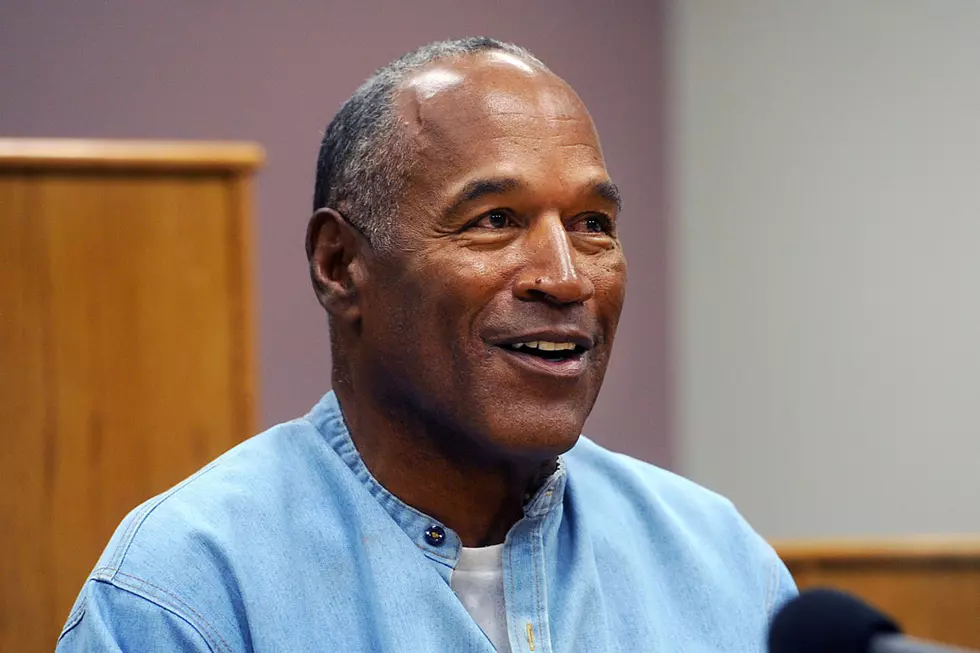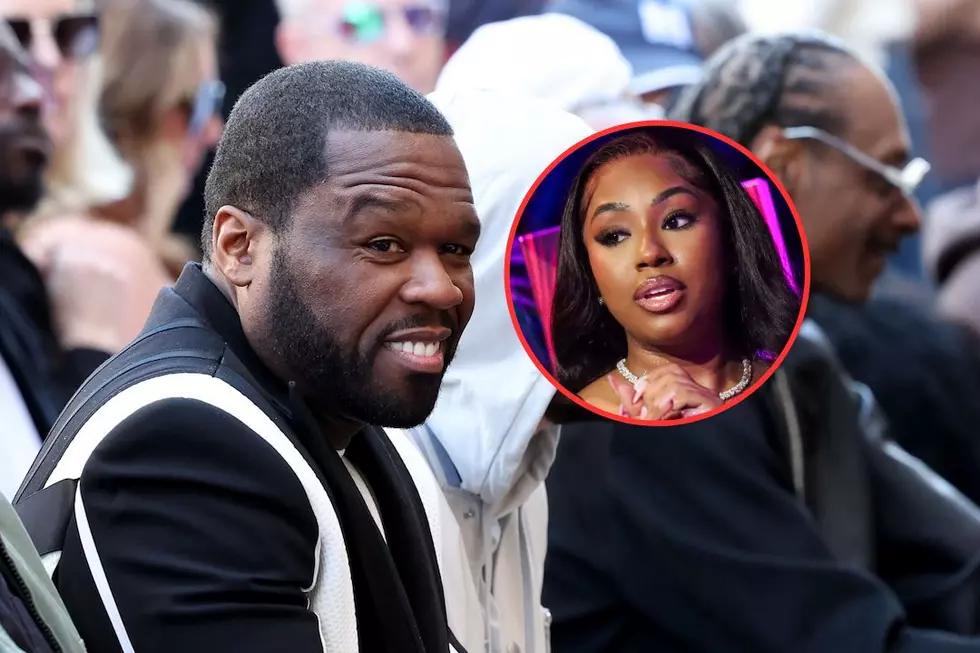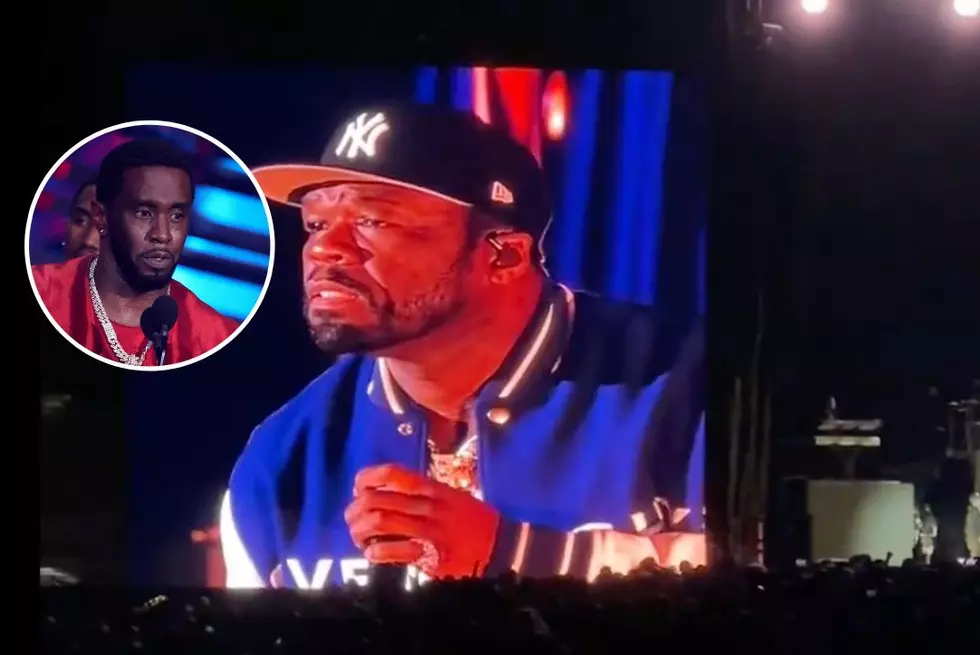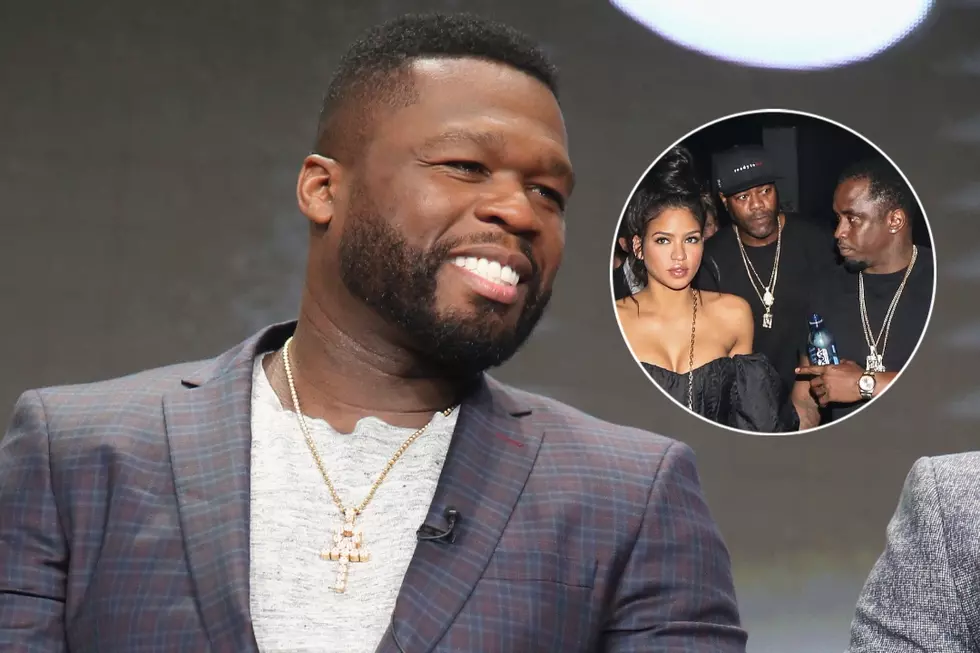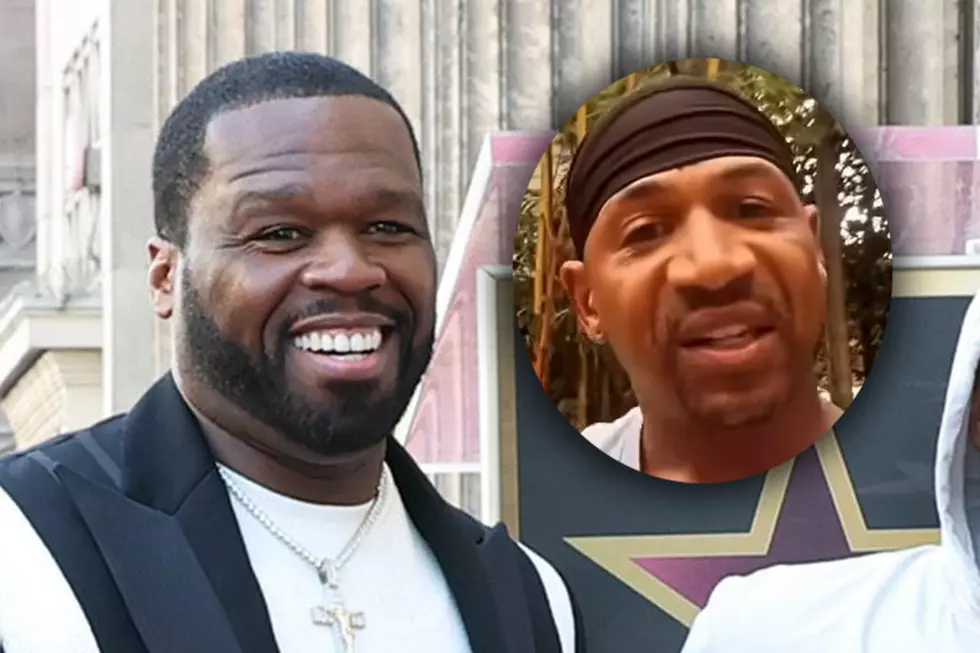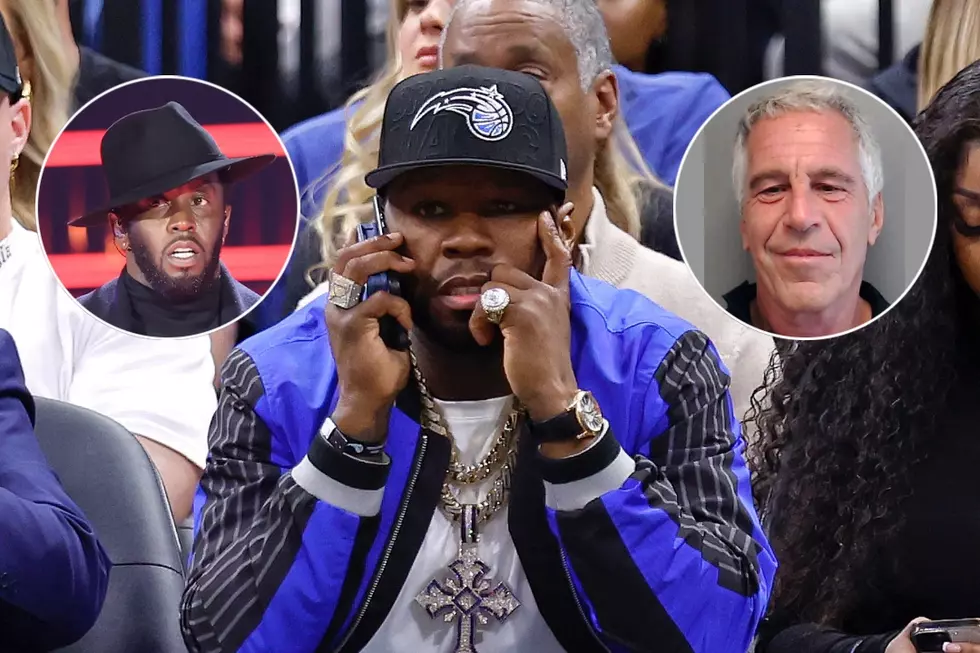
Producer Sacha Jenkins Talks 50 Family Roots Doc
far left: Sacha Jenkins, middle: 50 Cent
By now you’ve probably heard about VH1’s latest installment of their RockDoc’s series, 50 Cent: The Origin of Me, which chronicles 50’s return to his familial roots in South Carolina.
In conjunction with tonight’s (May 23) premiere, we talked to the documentary’s executive producer Sacha Jenkins (from such acclaimed shows as Ego Trip's (White) Rapper Show and Miss Rap Supreme) about the ins-and-outs of bringing a project like this to fruition.—Khalid Salaam
XXLMag.com: What were the initial steps for putting the document in motion?
Sacha Jenkins: David Kamp of Vanity Fair did the initial research on doing a series on genealogy. Then once 50 was involved VH1 reached out to me since I’ve interviewed him several times. I produced it with my company Roadside Entertainment.
Was 50 involved from the start?
The initial research started before 50 was involved, but when VH1 stumbled upon this interesting story they reached out to his people. From what I understand he was the first and only option due to his unique story.
Why specifically the Genealogy angle?
Genealogy is not a new thing, NBC had a show recently called Who Am I and in general it’s become something people are interested in.
Right, there’s the work Dr. Henry Louis Gates has done for example.
Exactly, of course we’re approaching it from a different way and a lot of that is because musicians are more interesting for these kinds of things than say actors or athletes. Actors spend a lot of time playing other people and a lot of time who they really are unknown. It’s not about them. With athletes its about sports and athleticism. They aren’t always asked what the inspiration was behind their latest dunk. Musicians are always asked to describe their inspirations. 50 is a unique case because his life in itself is, I don’t want to say spectacular, but he beat a lot of odds. And a lot of the people in this town, Edgefield also beat the odds
What was the experience when everyone first got to Edgefield?
50 still has relatives down there. He has aunts down there and a bunch of cousins he never met. He hasn’t been down there since he was 9 years old. One thing 50 and I talked about is one of the reasons why his music caught on in the south is because his grandmother has a strong southern accent. He was raised by her and there are some remnants of that in his speech. There are connections both linguistically and culturally. His family has been in that area for generations on his mother’s side. Somehow, the city hall of records has remained intact so you can trace it all the way to slavery documents.
So what you’re saying is it wasn’t destroyed in any of the fires of the Civil War?
No, this town didn’t get burned down a lot. Stuff here goes back a long way. A lot of people kept records.
Where exactly is Edgefield and what was their response to all the cameras and filming?
It’s about an hour and a half from Columbia and about the same from Augusta, GA. We stayed down there for a week and, I’m from NY, so as a northerner when you go to the south you go with certain expectations. You get a sense when you go there that people of different races get along but they stay in their comfort zones and their routines. I found everyone to be cordial. History for these people is a big deal, especially for White people. There is still wealth, still big houses that have been passed down for generations that were financed through slavery. There is a sense of pride that you have when you’re from the south.
FOR MORE OF SACHA JENKINS, GO TO PAGE 2
That part of South Carolina had a rep for housing racist militias and noted segregationist Strom Thurmond is from that area as well. Did you get a sense of that part of the town’s history?
The Red Shirts [a group that was a precursor to the KKK] were founded in this area. The interesting thing about the Irish-Scots who settled in this area is that they had a different honor code. We did the research and you had people who would gauge eyes out, bite people’s ears off, stuff like that to settle arguments. It’s a place with a very violent past. We thought it was good to get a perspective from both sides. Personally, I feel like people who want to wave confederate flags, that’s their business. It’s their right. There are things as an African-American that I can say about the American flag and what that has stood for in the past so if Southerners want to be proud of their heritage than that’s cool. 50 interviewed a woman who was very proud of her southern heritage but at the same time had some old ideas. But she did she vote for Obama which I found interesting.
How is the town now? How is the power structure set up?
In the area now we ran across some black people in positions of power who looked like they were doing well financially. It's not like NY though, it's not a transient area with different races and people from different cultures and religions. It’s the same White people who have been here for 100 years and the same Black people who have been here for 100 years. But there was no strife that I saw.
Obviously you can’t speak for him but how do you think the experience impacted 50?
My last name is Jenkins and some of 50’s relatives last name is Jenkins. 50 and I talked about how it is to have a name forced on to your family. We also talked about how in his life he never had beef with any White people. Only people that looked like him. He said the only White people he knew growing up In Queens were his lawyers and accountants. The physical places he went impacted him. I think 50 came back with a different mentality since he was able to picture what they went through.
What do you feel was the impetus for VH1 to create a program like this?
VH1 stands for video hits one but they have gone away from their music coverage lately. They want to stay involved and they know that they have a large urban audience and they want to get in touch with that audience. There aren’t many Black producers who get to tell these stories so for me it’s a fantastic trip. I commend VH1 for putting up the dough to do a project like this.
What do you think will be the effect, if any, of this documentary?
I think people will see 50 in a different light. They will see him as a man. My problem with hip-hop for a long time was that it wasn’t cool to be smart or to want to know about things, to know about your history and the world. The gangsta rap era had a stranglehold on the culture and say what you want about tight jeans and skateboards but I think this new generation is starting to change that and see the world differently.
More From XXL
